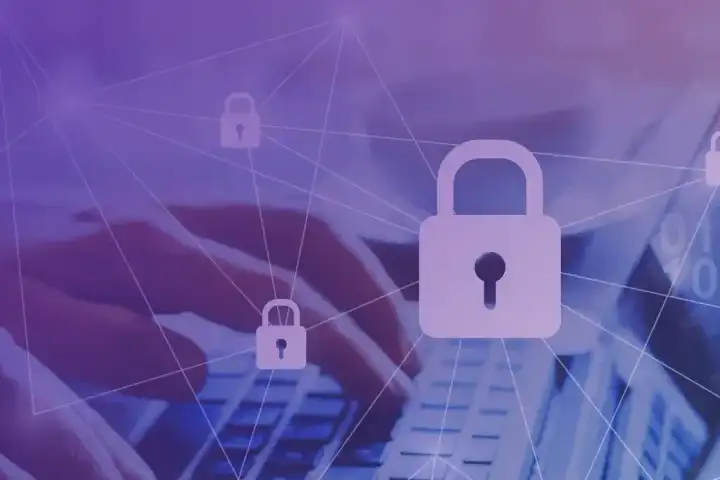Ignacio arrived and presented his ID and digital credential from the Córdoba Medical Council. Amid the urgent Covid crisis, he took charge of the medical team. Unfortunately, Ignacio lacked a valid qualification and used a forged credential, which was later uncovered. This case highlights a common risk: document forgery in professional settings.
In today’s digital era, where information integrity is paramount, digital credentials and blockchain credentialing have become fundamental tools to ensure data authenticity and prevent forgery. This article explores the key benefits digital certification brings for both individuals and organizations.
Preventing Forgery and Enhancing Security
One of the most significant advantages of blockchain-based digital credentials is the prevention of document and data forgery. Advanced cryptographic technologies protect these credentials, ensuring they are tamper-proof and verifiable.
Digital certifications also provide enhanced information security by encrypting data, safeguarding confidentiality, and guaranteeing the integrity of electronic communications and transactions.
Establishing Legitimacy and Building Trust
For companies and professionals alike, digital credentials serve as a symbol of legitimacy and trustworthiness. Verified digital certifications boost credibility with clients, partners, and regulatory bodies, reinforcing reputations in increasingly competitive markets.
Empowering Continuous Professional Development
For credential holders, digital certifications facilitate ongoing learning and career advancement. Employees stay current with industry innovations and best practices, enhancing their employability and opening doors to promotions, job rotations, and new opportunities.
Supporting Organizational Excellence and Digital Transformation
From the company’s perspective, digital certification validates employees’ skills objectively, helping to recognize achievements and technical competencies. This supports smarter hiring, training, and promotion decisions.
More broadly, adopting digital credentials drives organizational agility and digital transformation, enabling companies to innovate faster, adapt to market shifts, and remain competitive.
In summary, digital certification is a powerful driver of security, trust, professional growth, and organizational success. It is an essential component for thriving in today’s digital economy.



